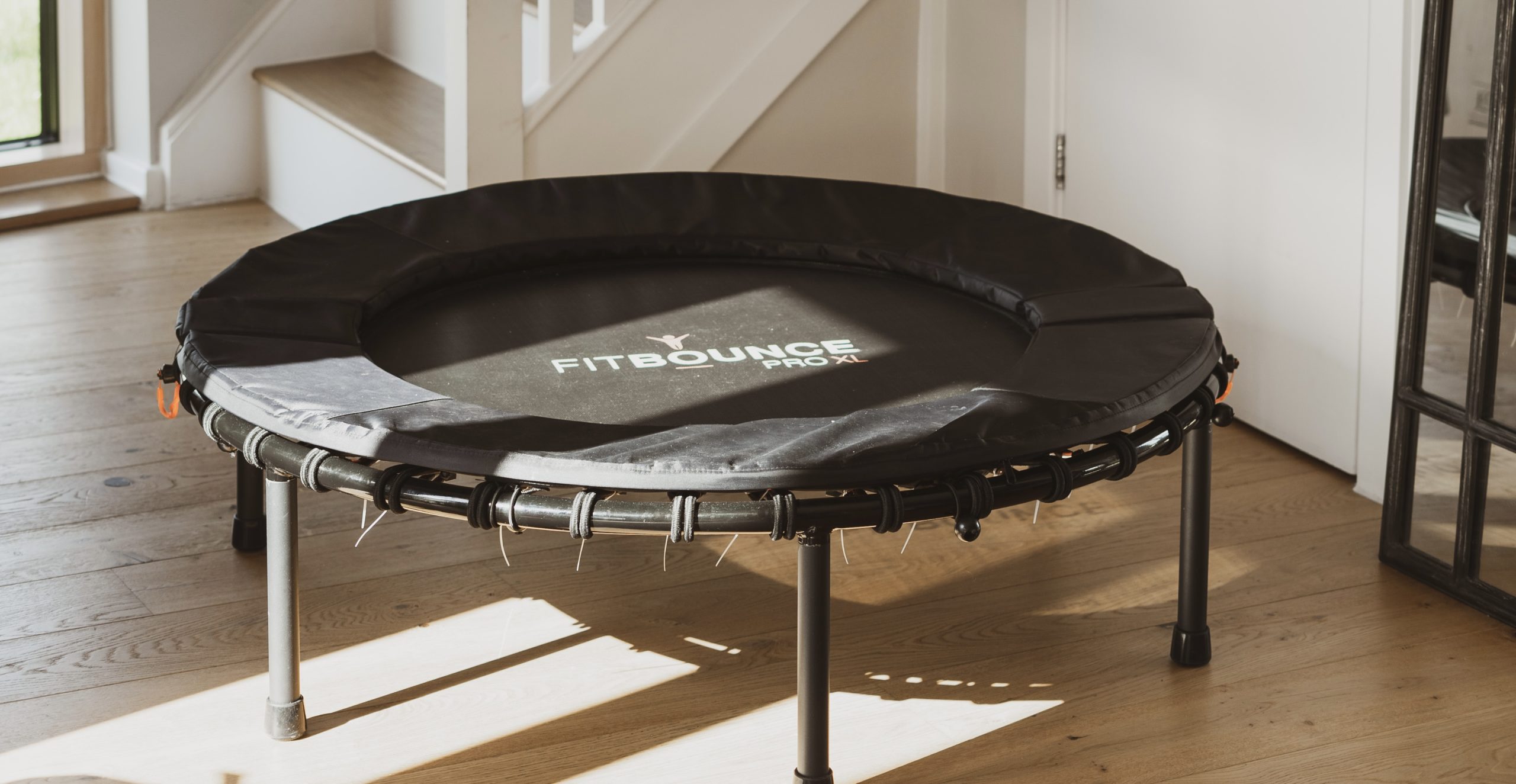Face your allergies with Klarify
Allergies – this is a subject my other half Justin @alldadstalk has already opened up to on a few occasions given the fact that he’s been fighting some, but I feel there is so much more to add since our last chat. Did you know that allergy affects a lot of people in the UK? The stats say that about 1 in 4 adults, 1 in 6 teenagers and 1 in 10 children are affected by allergy. That’s quite a number, isn’t it…But what’s not quite surprising is that almost half of all people with allergy symptoms have not had a diagnosis from a doctor. And even fewer people know what allergen or allergens they react to. This was Justin’s case, too, as for many years no one seemed to be able to give him a more accurate answer each time he tried to find out what had caused all the new symptoms! But what’s even more interesting is that some people might not even be aware that the symptoms they are experiencing are caused by an allergy.
Enters Klarify – the smart tech allergy testing where you can test 294 allergens with an easy to use home-to-lab test. There’s even an allergy quizz you can try before deciding on whether you should have it or not. Here’s a bit more of our journey with allergies and some of the homework I did for my family’s health.
My husband’s allergy experience started with signs such as frequent sneezing, itchy or watery eyes and a congested nose, but he also got to experience changes when eating certain foods. For example we know now that he’s completely intolerant to lactose. But it’s been a long and tiring process until we got to find this out. All the foods he tried avoiding in order to make sense of what the cause could be…diets, diets, diets and sleepless nights plus lots of research and doctors appointments hoping he’d find an answer. All of these symptoms for him were related to allergies, but how do you know for sure this would be the case for each member of the family? Here you can read more about the different types of allergy symptoms.
Thankfully thanks to platforms and apps like Klarify it’s now getting easier to get to the bottom of things much faster.

We’ve both learnt that one way a doctor may start the process of diagnosing allergy is referring you for allergy blood testing. Justin started then to understand more of his allergies therefore he suddenly and successfully became more in control.
What is an allergy blood test? Klarify explains this very well…
Allergy blood testing is the same as any other blood test: a small amount of your blood is sent to a lab for analysis. Allergy blood tests can detect Immunoglobulin E (IgE) in your blood. IgE is an antibody produced by the immune system in connection with a reaction to protect us from outside intruders such as parasites. When you’re allergic to, for example pollen, certain foods or insect stings your immune system overreacts to the otherwise harmless substance and triggers the same defence mechanisms as against parasitic infections. The body produces IgE antibodies specific to the allergen it’s trying to fight. These antibodies tell cells in your body to release certain chemicals. And it is those chemicals that cause allergy symptoms. Allergy blood tests identify and measure specific IgE antibodies in your blood. Since IgE antibodies are different depending on what they are reacting to, allergy blood testing can point to what allergens your body is reacting to.
We were lucky enough to understand was that allergy blood testing could be the first step to finding out if you have an allergy. Like Klarify well explains, you can think of the results of an allergy blood test as a sign of a suspected allergy rather than stand-alone proof. You basically get a risk profile of which allergen you might be allergic to. When it comes to understanding how allergy blood testing works and how results are interpreted, it’s important to note that the presence of IgE antibodies in your blood does not necessarily mean you are allergic. It means that you are sensitised.
Sensitisation vs allergy
Here’s one piece of great information I’ve learnt on Klarify. Sensitisation is the first step of developing allergy as allergic reactions do not happen the first time you encounter an allergen. First, your immune system has to meet the allergen and build the specific IgE antibody against it. This process is called sensitisation. If you’re allergic, the next encounter with the allergen might then trigger an allergic reaction. However, some people are sensitised and have specific IgE antibodies, but don’t experience any allergic reaction no matter how often they are in contact with the allergen. That means an allergy blood test shows if you’re sensitised to a specific trigger. Not that you are necessarily allergic to it. Only in connection with your symptoms and medical history a doctor will be able to interpret the results in order to give a diagnosis of allergy.
When should allergy blood tests be done?
If your allergy symptoms are mild and the cause is obvious, your doctor will be able to offer advice and discuss treatment options with you. But you may be referred for allergy blood testing of a specific range of triggers if your allergy is more severe or it’s not clear what’s causing your symptoms.
How accurate are allergy blood test results
Overall, after so much health research it can be said that the accuracy of blood tests for allergy is high. We all know that blood tests are evolving all the time and getting more precise. Some blood tests are now able to give results for individual components of a single allergen. I believe that knowing exactly what you are allergic to means you’re better equipped to manage the allergy symptoms and you’ll be able to discuss your treatment plan with your doctor and make decisions that are work for you.
Why do a home allergy test?
A home allergy test is one way to find out what might be triggering your symptoms. Home allergy testing can be done quite easily, the idea of this process is to ultimately get you to better manage your symptoms. Klarify explains how an allergy test on its own won’t tell you if you have allergy as an accurate diagnosis of allergy requires both a test and a consultation with your doctor. Your medical history is the fundamental link between your allergy test results and being diagnosed with allergy. A home allergy test can help you prepare for an appointment with your doctor to discuss your symptoms. Only a doctor can give you a diagnosis of allergy and access to the whole range of allergy management options.
The Klarify website has absolutely everything you need to know about allergies in a multitude of easy-to-read, research-based articles. You can find tips and practical solutions to help reduce the impact of allergies on your life. You can learn more here but my inbox on Instagram is always open if you have any questions or leave a comment below and I’ll get back to you. Face your allergies, don’t let them spoil your day 😉
*this article has been written in a paid partnership with Klarify, but, as usual, all opinions are mine. I truly recommend it if you want to understand more about your symptoms and a potential cause, it’s very easy to get it done and even easier then for you to plan ahead. On the website you can find A LOT of helpful research that will answer many questions and offer guidance which is more than welcome when going through a puzzling series of symptoms with unknown causes.












